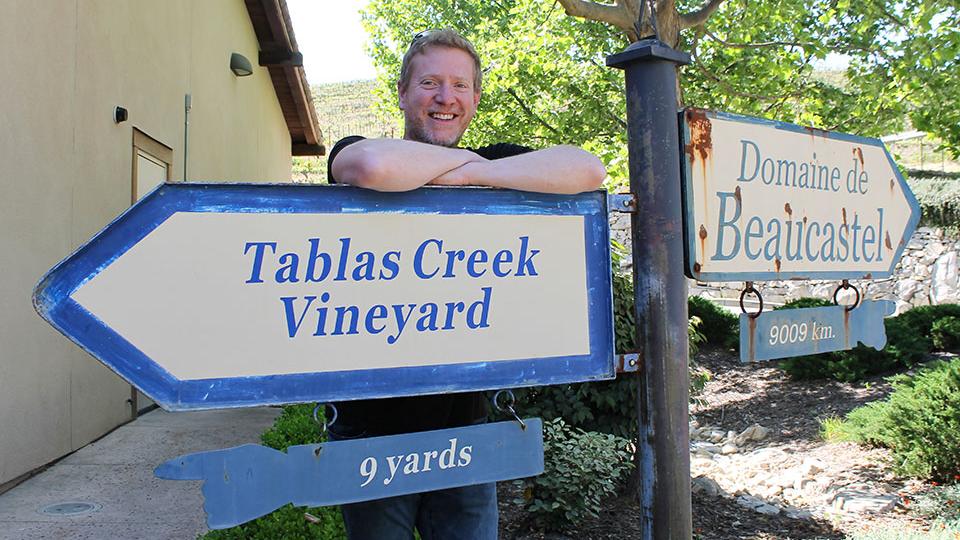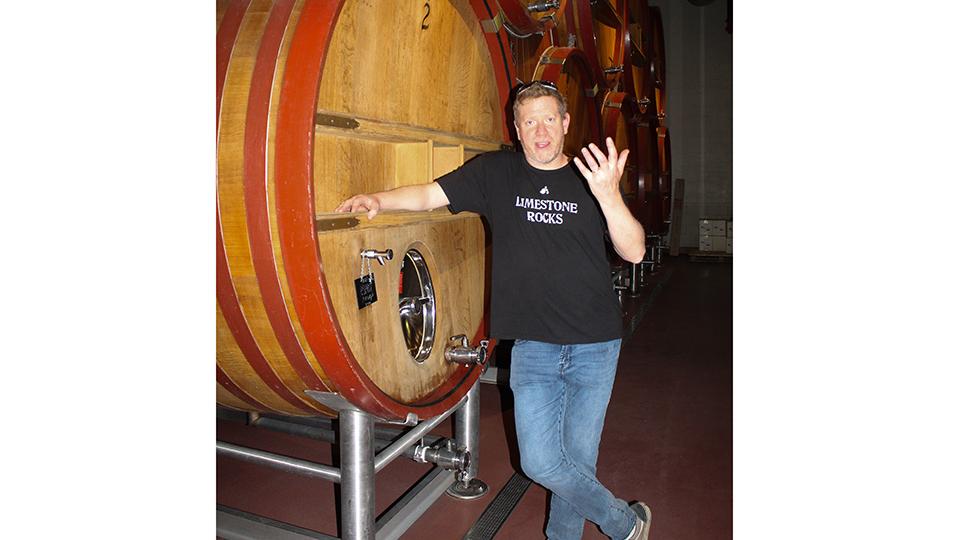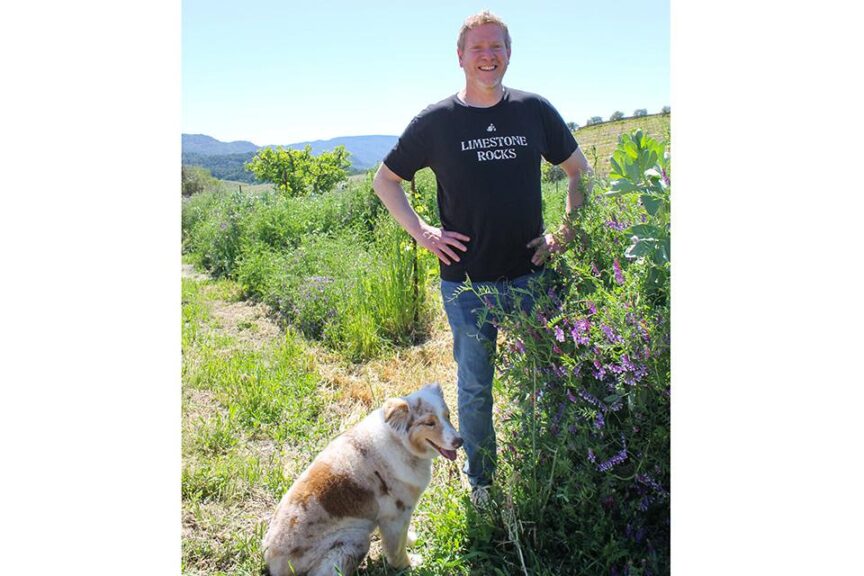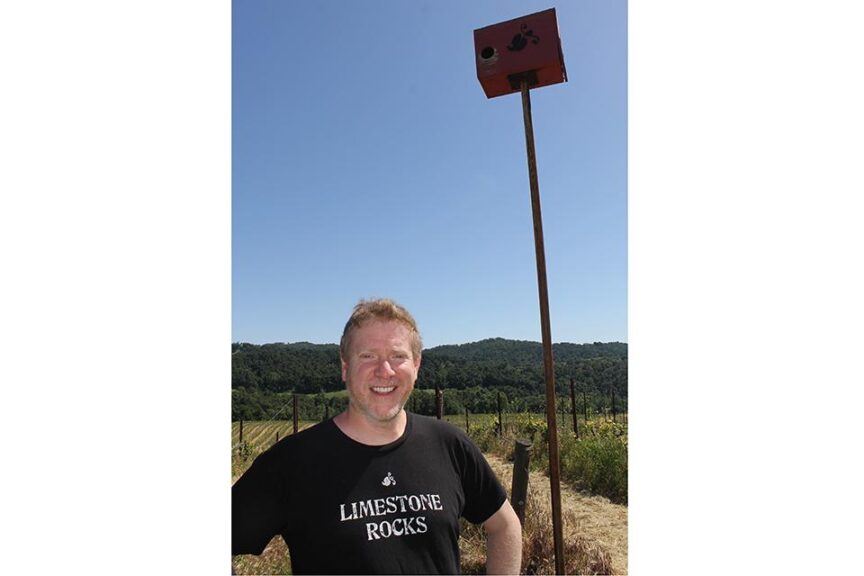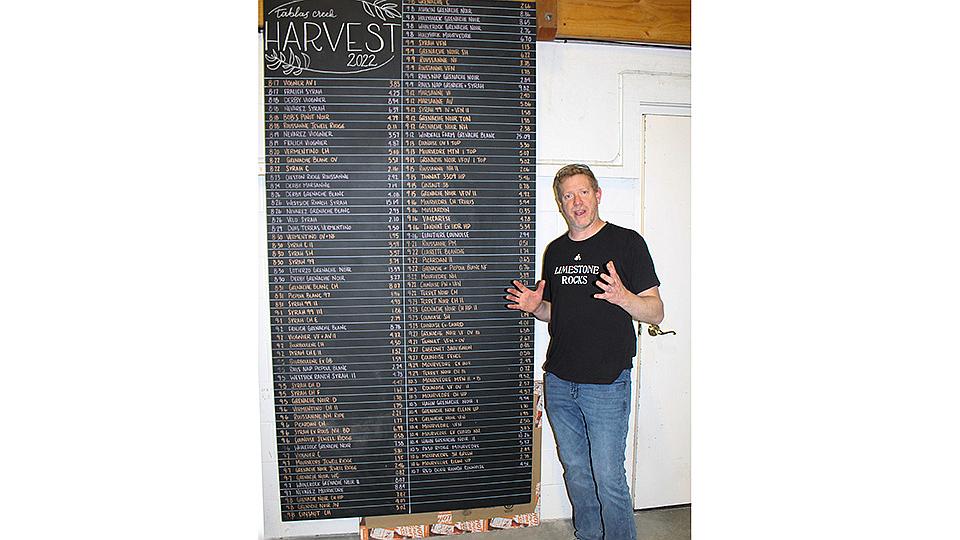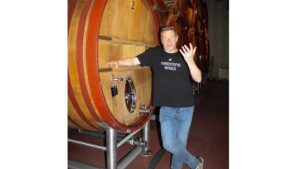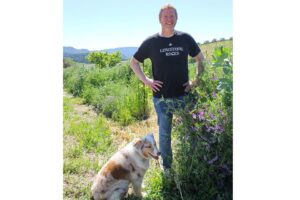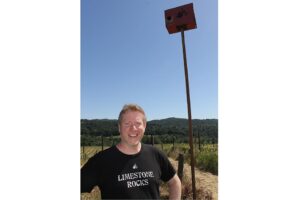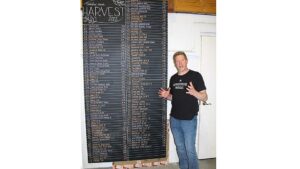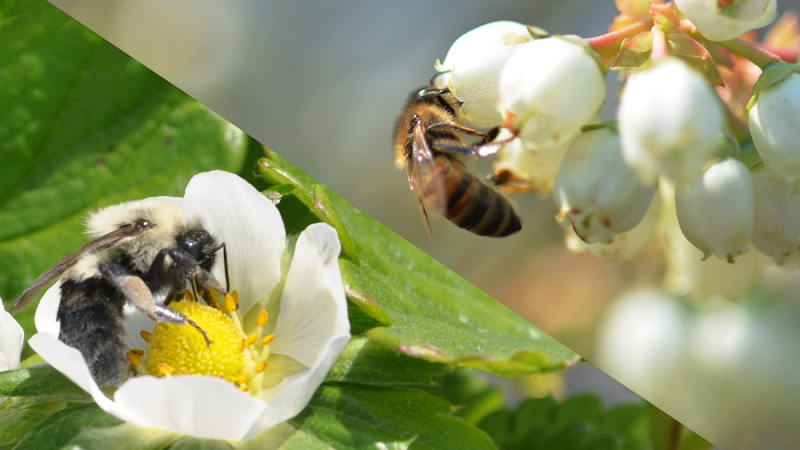Why Sharing Is Good Business for Tablas Creek Vineyard
Little did a young Jason Haas know when he flew to France from his Vermont home for a summer job that he was being groomed to run a winery. His father Robert was a wine buyer who often toured the country’s vineyards and cellars in search of great wines and talked often of the culture.
“I thought I was being sent to France to work on my French,” he says, “but clearly my dad had greater goals in mind.”
It’s plain the lessons learned those two summers at Château de Beaucastel stuck. Robert Haas passed away five years ago, and today Jason Haas is the second-generation proprietor of Tablas Creek Vineyard near Paso Robles, CA. Both father and son were determined to farm organically, and by all accounts have done so spectacularly.
Tablas Creek has received the 2023 California Green Medal Sustainable Winegrowing Leadership Award by the Wine Institute for its environmental efforts. It is given to the vineyard or winery that best demonstrates environmental stewardship through maximized environmental benefits from implementing sustainable practices.
ORGANIC PIONEER
Tablas Creek was the first organic farm in the Paso Robles area, Haas says, but achieving that was hardly a goal. As a practical matter, while there is an alleged organic “halo” effect, there is no huge price premium for organic grapes, but that is of no concern to them. It’s all about the quality of the wine.
“We feel like it makes better grapes, healthier soil, and a longer-lived vineyard,” he says. “It’s not about selling an organic product; it’s about making the best possible wine that we can make. Organic is a means to an end.”
Those efforts certainly have gotten noticed, as in 2021 Tablas Creek was named the world’s first Regenerative Organic Certified winery. They freely share information with their neighboring wine grape growers because Haas believes that though it may sound counterintuitive, their neighbors aren’t their competitors.
“We are an open book here, anything that we do that helps other people grow grapes in a less resource-intensive way, we’re happy to share,” he says. “The nice thing about wine is that it’s not a zero-sum industry. A neighbor who makes great ‘Syrah’ doesn’t make customers less likely to buy our ‘Syrah’, it makes them more likely.”
Haas wants to work together with their neighbors in hopes of getting the area established and known for its Rhone varieties, which would differentiate it from the many wineries that grow the more popular Bordeaux grapes. The Haas family is so enamored with Rhone wines that, in 2014, Robert Haas received a lifetime achievement award from the Rhone Rangers for his contributions to the American Rhone movement.
COLLEGIALITY RULES
Tablas Creek was established in 1989, after Robert Haas selected a parcel of land that was a close match to the Mediterranean climate and high pH soils of sister winery Château de Beaucastel. From the very beginning, they were determined to work with their fellow wine growers.
“A lot of what we’re trying to do is show via an incubator for this kind of farming, to show people it can be done at a reasonable scale,” Haas says, “and, therefore, adopted more broadly.”
As part of their regenerative farming effort, they’re trying to establish no-till blocks and have successfully established a no-till, dry-farmed block. They’re starting with smaller blocks of about 1 acre or more to learn before applying on a larger scale. The appeal of dry-farmed grapes is obvious in the wake of the most recent drought, but it’s not easy, as Haas says they have blocks they watered for 10 years before moving ahead with dry farming.
The one drawback for growers considering planting Rhone grapes is that most don’t ripen evenly, with ‘Syrah’ and ‘Viognier’ being the exceptions, and must be picked by hand. Haas says it’s not a problem because they never intended to harvest them mechanically.
“Where our partners are from,” he says, smiling, “it’s actually against the law to machine pick them.”




